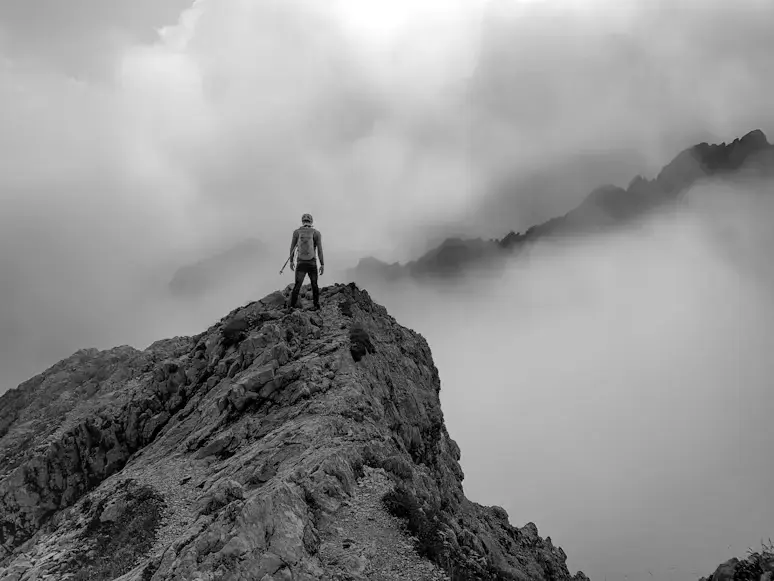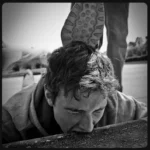Now Reading: Why Australians are drawn to risk and adventure
-
01
Why Australians are drawn to risk and adventure
Why Australians are drawn to risk and adventure

Australia is a country that thrives under difficult circumstances. The concept of taking a chance is deeply embedded in the national identity. This is due to the country’s rugged terrain, unpredictable weather, and rich history of pioneers and explorers. Australians have long been recognised for taking chances and finding joy in them, whether it’s travelling into the wilderness, starting a company, or leaping into the surf. What is it about risk and adventure that fascinates Australians? And why is this curiosity still influencing how people live, play, and think today?
The spirit of exploration lives on
Australia’s adventurous spirit has existed from its inception. The initial settlers and explorers had to contend with several challenges, including being alone, living in harsh temperatures, and exploring vast, undiscovered territories. To survive, you often had to be tough, adaptable, and willing to take large risks.
This method of thinking evolved throughout time to become a cultural phenomenon. Risk-taking is associated with courage and independence. That same desire inspires Australians to try new things, such as skydiving in Cairns, surfing at Bells Beach, or investing in a new business. Australians do not view danger as something to be avoided; rather, they consider it as something that may lead to profit.
How modern life turns risk into excitement
In the twenty-first century, risk represents more than just physical harm. Australians fulfil their need for adventure in a variety of ways, including extreme sports, travel, and entertainment. Even in highly controlled situations, the notion of pushing one’s limits and experiencing an adrenaline rush remains prominent.
For example, many Australians find a sense of thrill in digital experiences that mimic real-world excitement. Online Pokies, for instance, attract players who enjoy an element of chance paired with colourful visuals, quick outcomes, and the promise of small wins. The appeal is less about the stakes and more about the feeling — that same pulse of possibility that Australians seek when they push boundaries elsewhere.
The relationship between psychology and play is not coincidental. When danger is managed or transformed into a game, you gain a sense of control over the unknown. It becomes a delightful way to speculate about what may happen next without any real-world consequences.
Adventure as a lifestyle choice
The way Australians live today is shaped by a desire for diversity, independence, and experience. Australians still have a “why not?” mentality, whether they’re driving across the country in a campervan, trying a new outdoor sport, or relocating to another country for work.
Adventure is not just for thrill seekers; it is a way of life. In today’s society, taking risks may entail taking on an unconventional career, relocating to a new place, or pursuing your creative ambitions. This is what keeps the culture robust and adaptable, even when circumstances change.
Adventure also has a way of uniting people. People that have similar interests and encourage one another form surf clubs, hiking groups, and even social gaming communities. Risk is no longer just an individual act; it is a collaborative activity that fosters trust and camaraderie.
The psychology behind the thrill
Psychologists believe that Australians’ love of risk stems from the dopamine response, which is the brain’s inherent reward system that activates when we are hesitant or aroused. That same mental mechanism motivates you to do it again, whether it’s jumping from a cliff into the sea or taking a business risk you believe is worthwhile.
This also explains why Australians like pastimes that combine ability, luck, and socialising. The exhilaration stems from not knowing what will happen but believing that you can influence it. This is true for everything, from competitive sports to beginning your own business. It’s a way of thought that blends hope with fearlessness, which is a vital part of the national character.
Conclusion
Australia’s thirst for risk and adventure stems from its history, landscape, and people. It is a country founded on adventure, courage, and curiosity. These are still fundamental elements for how Australians work, play, and dream. That risk may be jumping out of an aeroplane, starting a business, or simply doing something new. It represents more than simply exhilaration; it evokes the freedom and fearlessness that are inherent in the Australian way of life.


























